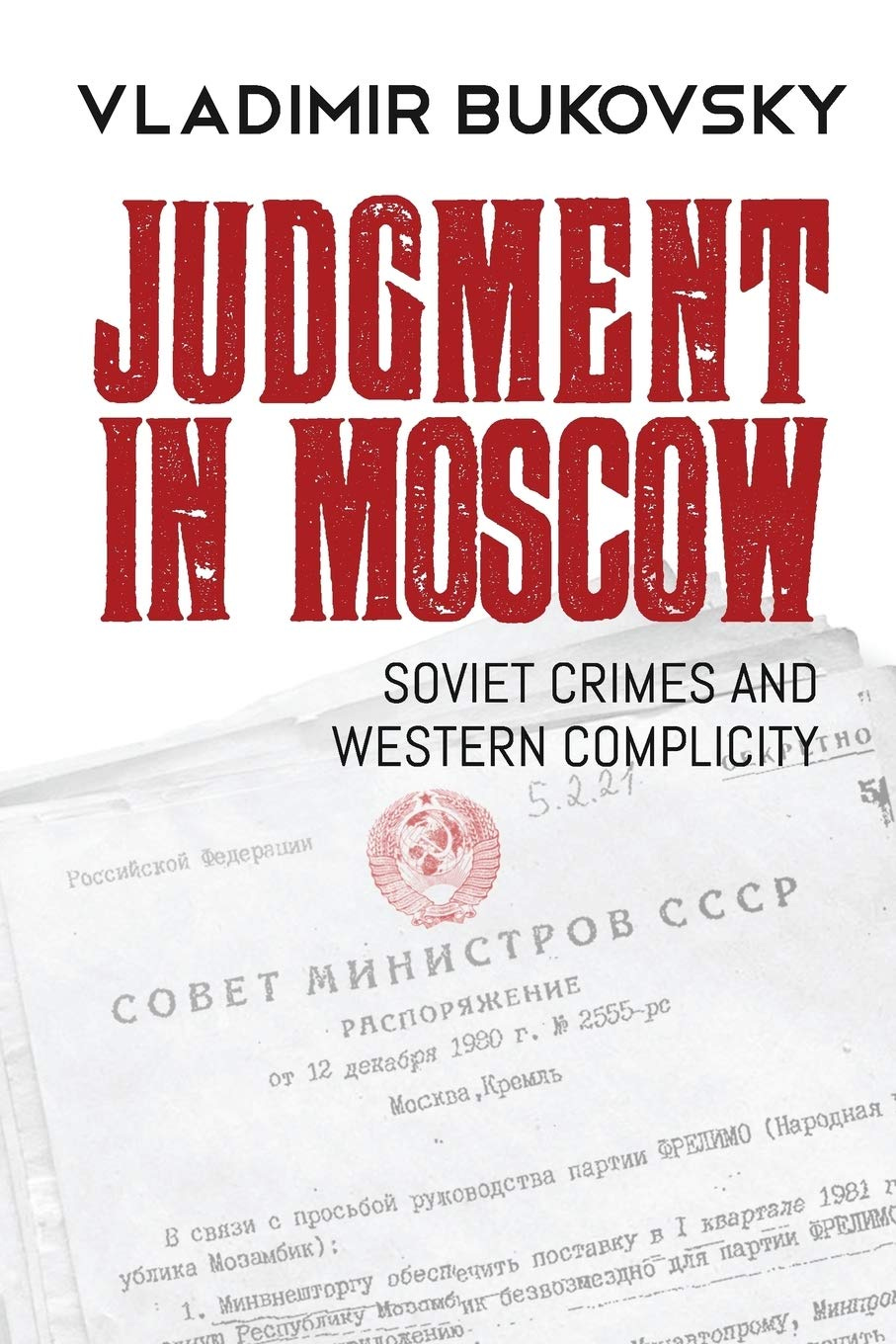In looking at Kamala Harris’s 2009 book, which is rife with plagiarism (including cribbing from Wikipedia), I consider my own experiences. I’ve taught writing classes and been involved in getting a book published, in which I ran into somebody submitting material lifted wholesale from Wikipedia. However, those were years ago — we have a new problem now with generative AI creating new versions of “plagiarism”. What to do with “AI slop” being injected into people’s texts?

Episode Links
Christopher Rufo
Christopher Rufo: Kamala Harris’s Plagiarism Problem
Taken in total, there is certainly a breach of standards here. Harris and her co-author duplicated long passages nearly verbatim without proper citation and without quotation marks, which is the textbook definition of plagiarism. They not only lifted material from sources without proper attribution, but in at least one case, relied on a low-quality source, which potentially undermined the accuracy of their conclusion.
Of course, Harris, like many other public figures, may have relied entirely on a ghostwriter to draft her book. But that is not exculpatory: Harris, at the end of the day, put her name on the cover.
On that point, one might recall the title of her book: Smart on Crime. There is nothing smart about plagiarism, which is the equivalent of an academic crime. The publisher, as well as the sitting vice president, should retract the plagiarized passages and issue a correction. There should be a single standard—and Kamala Harris is falling short.
Kamala Harris's Book, Smart on Crime
Amazon Link: Smart on Crime: A Career Prosecutor's Plan to Make Us Safer
Two top reviews:
(I didn’t find that review very interesting)
I was one of the 4 people who found the above review to be helpful.
The Amazon listing of the co-author’s (Joan O’C. Hamilton) books - only 3, including Smart on Crime
Judgment in Moscow
Book listing at Amazon: Judgment in Moscow: Soviet Crimes and Western Complicity
Blurbs:
“Vladimir Bukovsky uses the Kremlin's own documents to show how the Soviet Union provided a false face to the world and how Soviet leaders used Western leaders as dupes or willing actors. Judgment in Moscow provides the written Nuremberg trial the Soviets never got when the USSR fell.” —Anne Applebaum, author of Gulag: A History (Pulitzer Prize)
“An essential warning of the dangers of collaborating with authoritarian regimes.” — Garry Kasparov, former world chess champion and author of Winter is Coming
“The most important work to appear for decades on the Soviet empire and its aftermath.” — Edward Lucas, former senior editor of the Economist, from the introduction
Related posts:
Oct 2021: Remembering Vladimir Bukovsky, 1942 - 2019, Soviet Dissident
Oct 2022: Memorial: A Well-Deserved Nobel Peace Prize
Feb 2024: The Week in Meep, 18 Feb 2024: Navalny, Insurance Fraud, and Lent Begins
AI Slop
Futurism.com by Maggie Harrison Dupré: Wikipedia Declares War on AI Slop
As 404 Media reports, a team of Wikipedia editors has assembled to create "WikiProject AI Cleanup," which describes itself as "a collaboration to combat the increasing problem of unsourced, poorly-written AI-generated content on Wikipedia."
The group is clear that they don't wish to ban responsible AI use outright, but instead seek to eradicate instances of badly-sourced, hallucination-filled, or otherwise unhelpful AI content that erodes the overall quality of the web's decades-old information repository.
….
In some cases, the editors told 404, AI misuse is obvious. One clear sign is users of AI tools leaving well-known chatbot auto-responses behind in Wikipedia entries, such as paragraphs starting with "as an AI language model, I..." or "as of my last knowledge update." The editors also say they've learned to recognize certain prose patterns and "catchphrases," which has allowed them to spot and neutralize sloppy AI text.
"A few of us had noticed the prevalence of unnatural writing that showed clear signs of being AI-generated, and we managed to replicate similar 'styles' using ChatGPT," WikiProject AI Cleanup founding member Ilyas Lebleu told 404, adding that "discovering some common AI catchphrases allowed us to quickly spot some of the most egregious examples of generated articles."
June 2024, CNET: The New AI Buzzword Is 'Slop,' and It's Messing With You. What to Watch Out For
Fake images of former and current world leaders getting arrested. Glue as a pizza topping. AI-generated images that just can't stop adding extra fingers to hands. It's junk, and now there's a catch-all term for bad, useless or misleading artificial intelligence: "slop." The term is spreading across tech blogs, mainstream media and Reddit, where countless threads point out egregious instances of AI gone wrong.
If slop sounds familiar both as a term and in its meaning, that may be because it's a cousin of spam, which emerged way back in 1993 as a word for unwanted, often auto-generated emails that have been clogging up digital inboxes for decades.
….
One problem with bad AI, however, is that people may not be able to tell it apart from legitimate content. When AI "hallucinates," or offers up bad or out-of-context information, it's not always obvious.
Sometimes AI can be misled by satirical or purposefully misleading data pulled from websites or other sources, or it can simply be biased by the type of data it's been trained on.
It's can be hard to verify whether an image or video is faked by AI sometimes, and with text, it's not always clear how the information is being sourced. It's always worth making sure that information offered up by, say ChatGPT is current and that it's been sourced from a reputable site or set of data.


















Share this post